15 Hidden Costs Couples Should Prepare For On U.S. Adventures

Planning a romantic getaway across the U.S. is exciting, but unexpected costs can quickly dampen the experience. While couples often budget for flights, hotels, and meals, many hidden expenses can sneak in and take a toll on your travel funds. From overlooked parking fees to surprise taxes and tips, it’s important to be aware of the less obvious costs that may arise. This guide explores 15 hidden travel expenses couples should prepare for, helping you plan smarter, spend wiser, and enjoy your adventure without financial stress.
Airport Parking
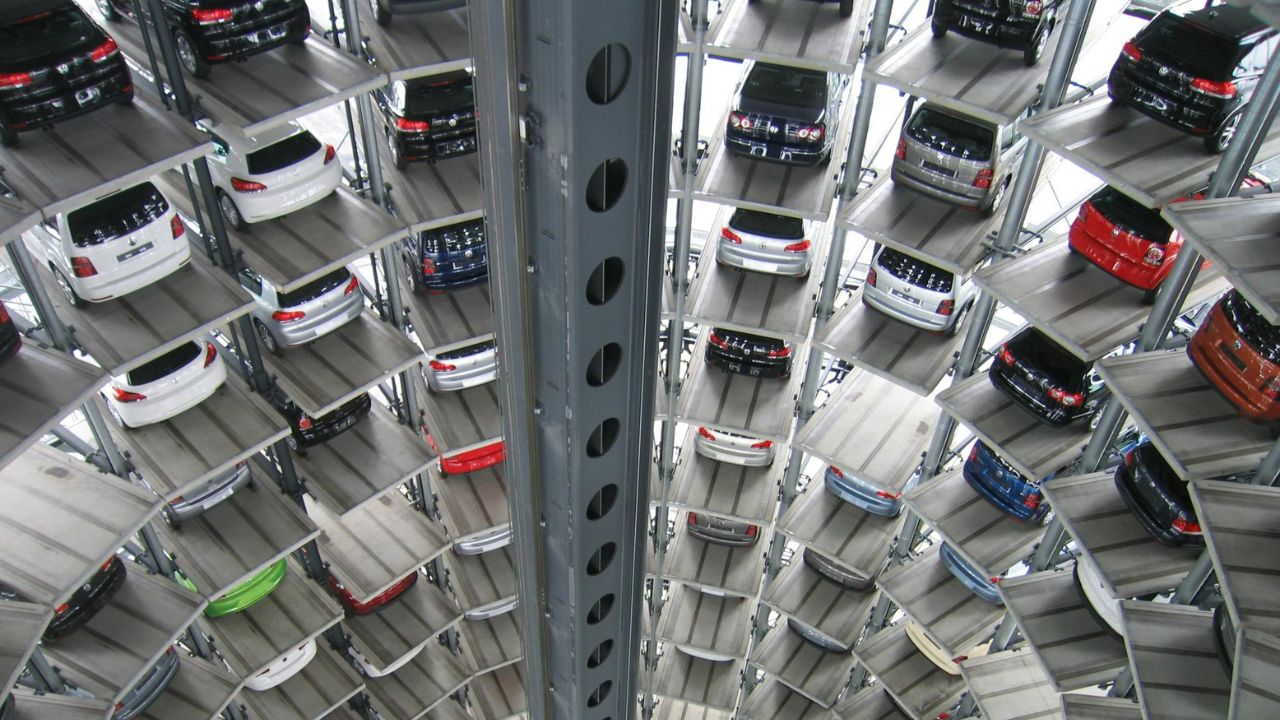
Airport parking often seems like a minor detail—until you return from your trip and face the bill. Daily rates at major airports can be surprisingly steep, especially for long-term stays. Even short weekend trips can add up quickly if you’re parking in premium or on-site lots. To avoid unnecessary expenses, research nearby off-site parking services that offer lower rates and complimentary shuttle rides to the terminal. Alternatively, consider using rideshare apps or asking a friend or family member for a lift. A little planning ahead can help you avoid sticker shock and keep more money for your actual adventure.
Baggage Fees
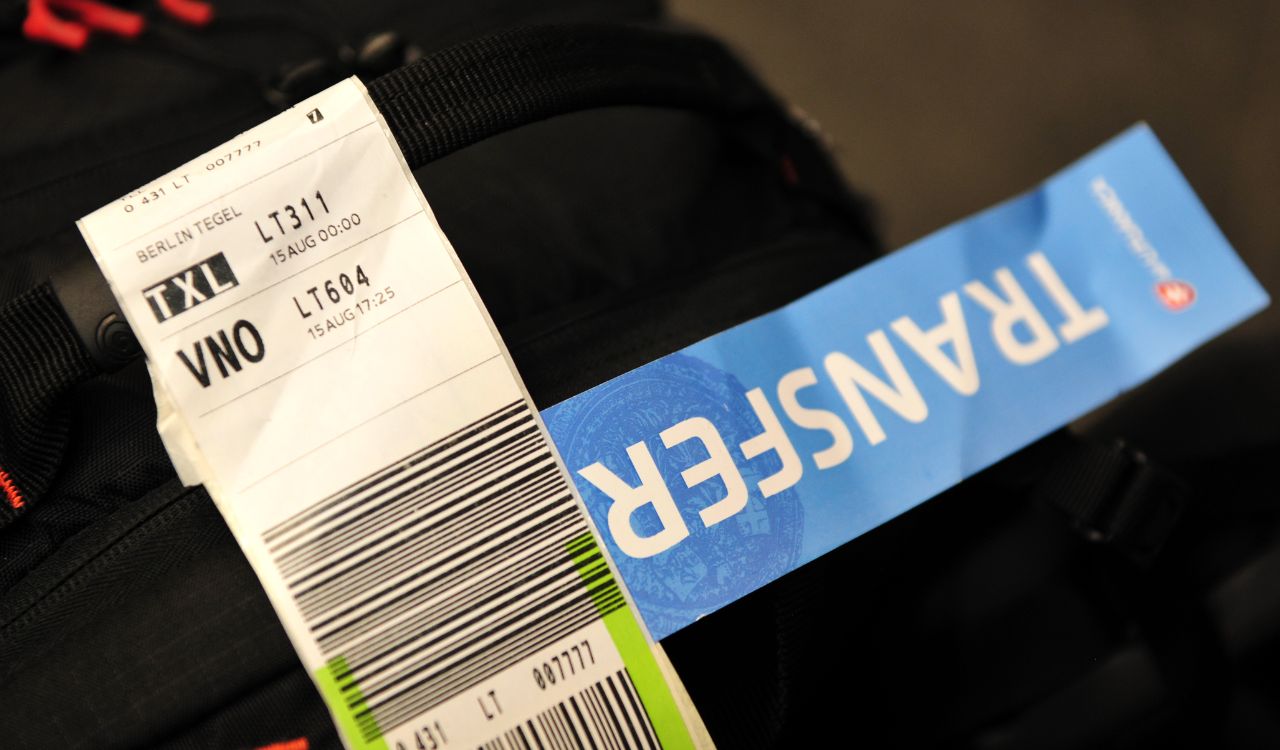
Baggage fees can catch travelers off guard, especially with airlines constantly adjusting their policies. Some carriers charge for every checked bag—and even for certain carry-ons. If you’re flying multiple airlines or budget carriers, allowances might differ, adding more confusion and potential cost. Overweight or extra bags also mean extra charges. To stay within budget, pack light, weigh your luggage at home, and read your airline’s rules before heading to the airport. Knowing what’s included in your fare can prevent last-minute surprises and keep your trip smooth from the start.
Tolls
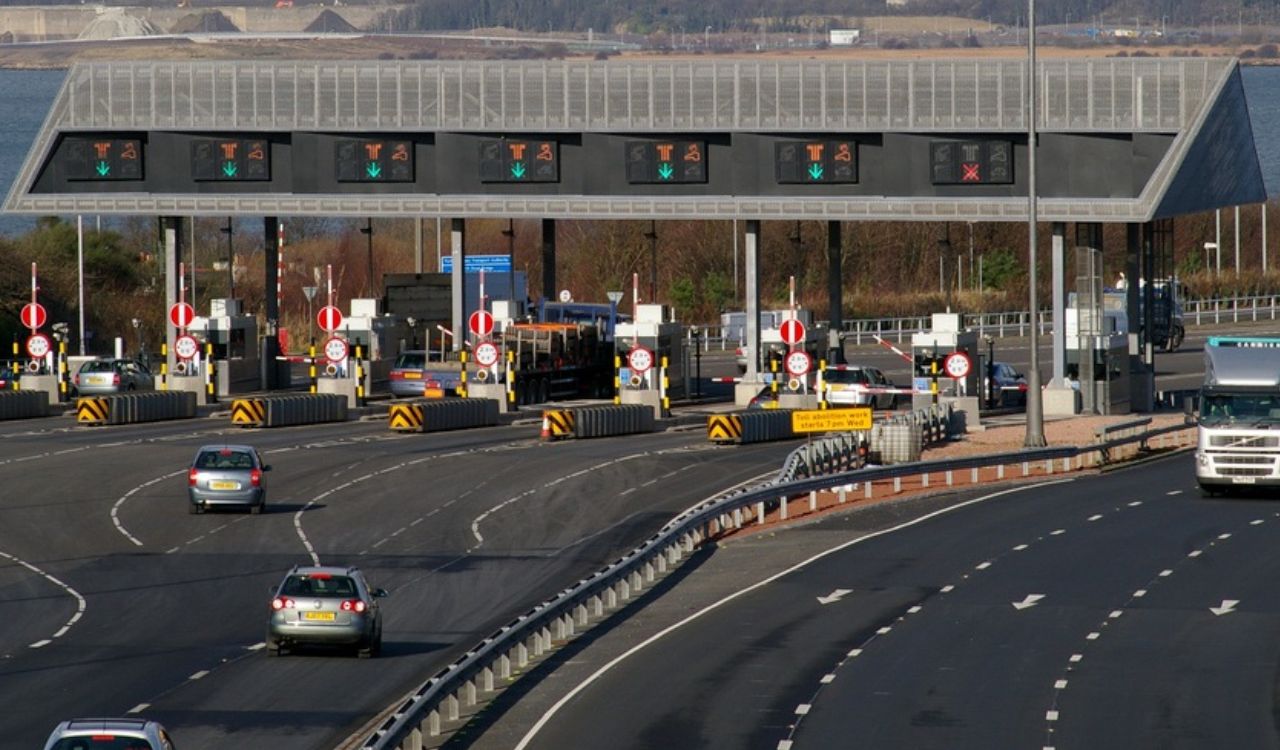
Road trips are a great way for couples to explore the U.S., but toll roads can quickly eat into your budget if you’re not prepared. Many highways, bridges, and tunnels charge tolls that vary by region. Some places only accept electronic payments, which means you may incur extra charges if your rental car lacks a transponder. Check your route in advance, keep small change or prepaid passes handy, and ask your rental company about toll payment policies. Planning can help avoid delays and unnecessary fines, letting you focus on the scenic views and not the surprise charges.
Gasoline Costs

Fuel prices can vary significantly across states, and if you’re covering long distances, gas becomes a major expense. Renting a vehicle with low fuel efficiency or traveling through remote areas where gas stations charge more can lead to budget strain. Before hitting the road, map out fuel stops and consider downloading apps to find the best prices along your route. Choosing a more fuel-efficient car or splitting fuel costs can also help. With a bit of foresight, you can enjoy the journey without worrying about the price at every pump.
Parking in Cities
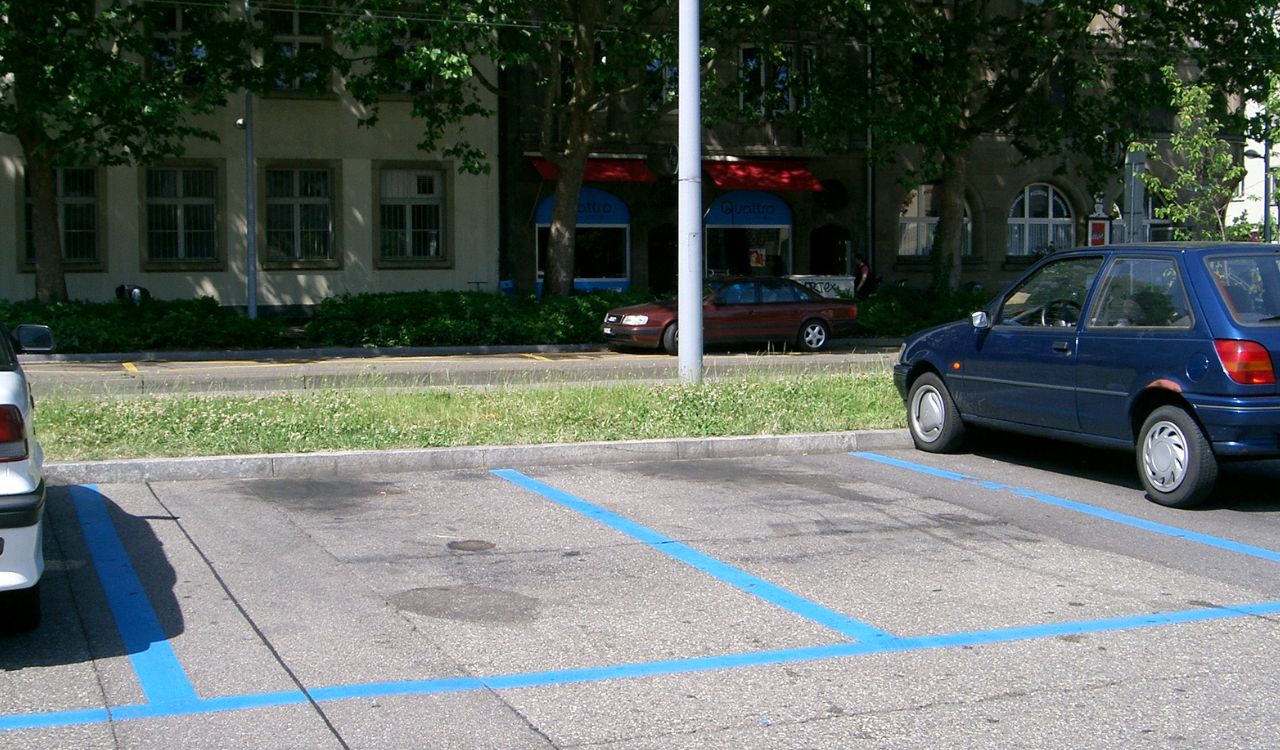
City travel often means dealing with tricky—and pricey—parking. In places like New York, San Francisco, or Chicago, hourly rates can be sky-high, and hotel parking is rarely free. Even street parking comes with strict time limits and meter enforcement. To save money, research public transit options, park outside downtown areas, or book accommodations that include free parking. Some apps even help find discounted garages nearby. Reducing parking headaches not only saves cash but also makes exploring urban destinations far more enjoyable and stress-free.
Traffic Violations
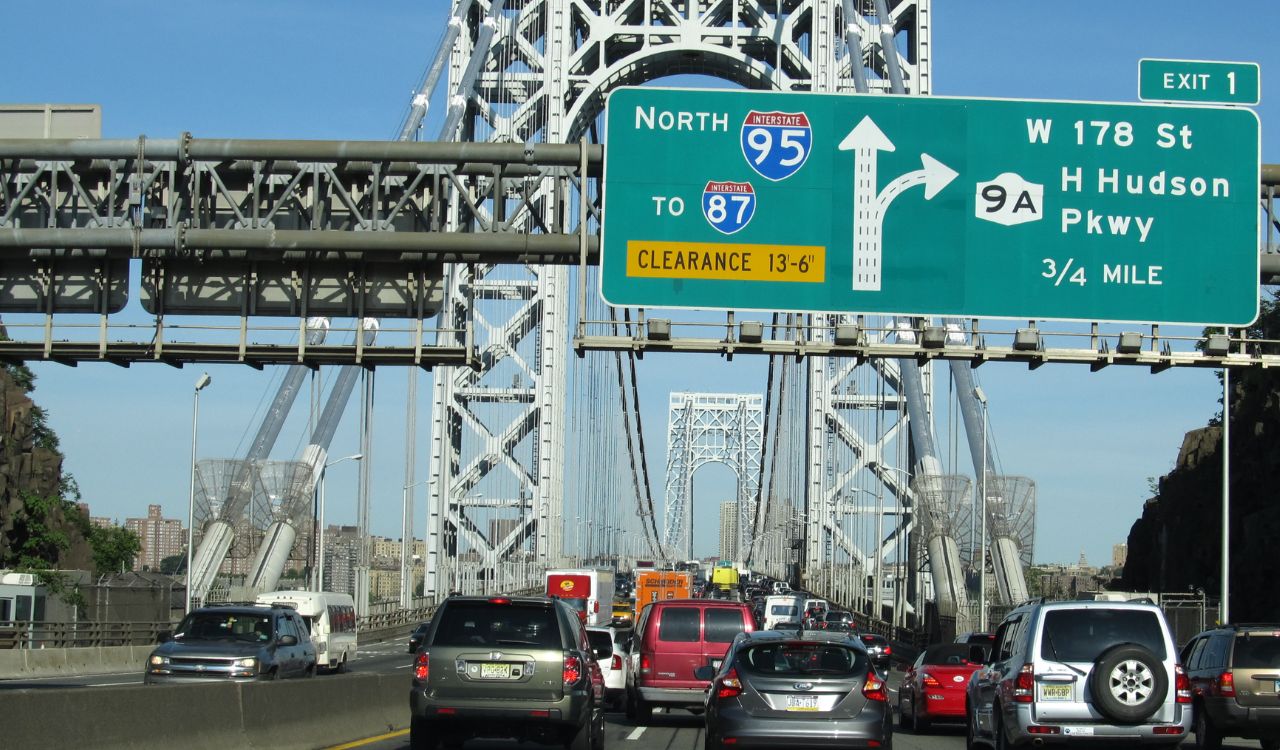
A romantic drive can turn sour fast if you’re hit with a speeding ticket or parking fine. These unexpected costs are more than just annoying—they can be pricey and sometimes come with added service fees from your rental company. If you’re unfamiliar with local driving rules or signage, it’s easy to make mistakes. To stay safe and avoid financial penalties, drive cautiously, respect speed limits, and always check parking rules before leaving your car. Taking the time to be aware of the road helps keep your trip smooth and your budget intact.
Rental Car Fees
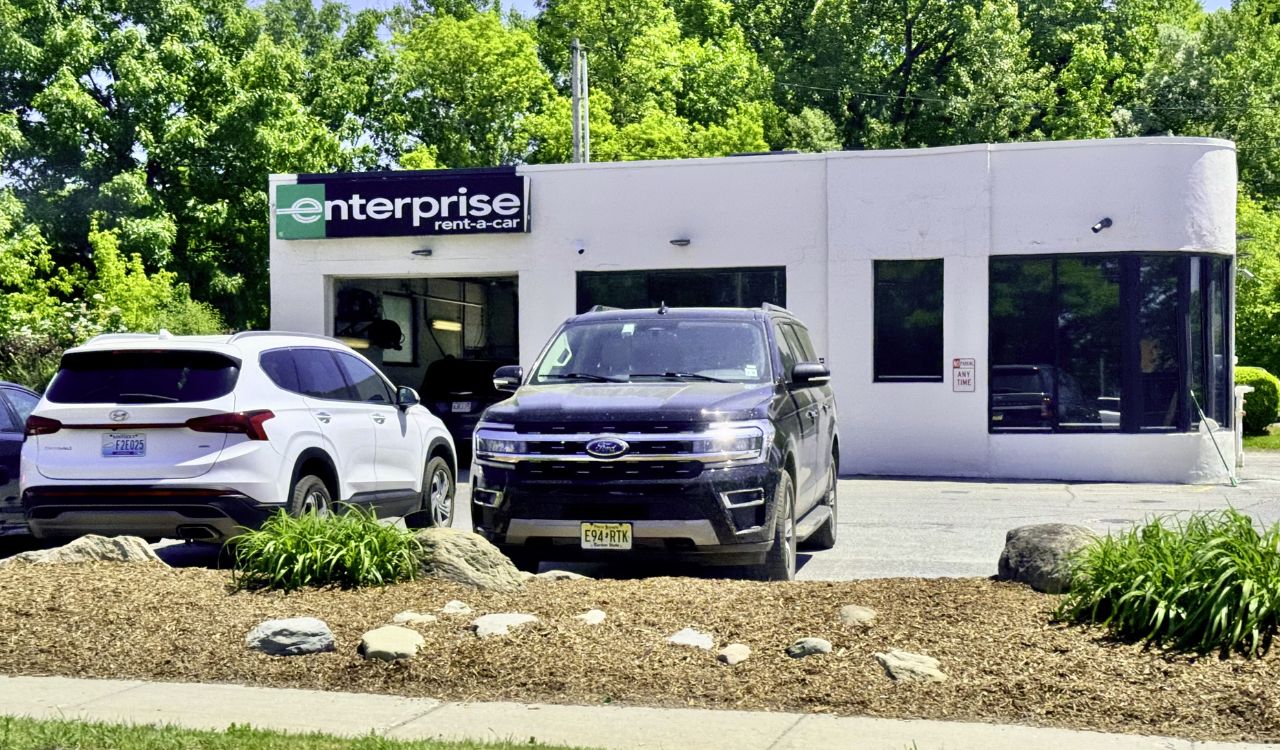
Rental cars offer flexibility but come with potential hidden charges. One-way drop-offs, young driver fees, insurance add-ons, and mileage limits can quickly inflate your total cost. Some companies also charge extra for GPS, car seats, or toll transponders. Before booking, compare companies and read the fine print carefully. Decline features you don’t need and consider using your own insurance or credit card coverage if applicable. By planning smart, you’ll avoid extra charges and keep your transportation costs more predictable.
Hotel & Resort Fees

That great hotel deal may not be as affordable as it looks once resort fees are added. Many hotels charge daily fees for things like pool access, gym use, Wi-Fi, or even towel service. These charges are often mandatory, even if you don’t use the amenities. Before booking, always check the fine print for extra fees. Some booking platforms display them upfront, but others don’t. Choosing accommodations with no hidden fees or where the extras truly add value can help you avoid unexpected charges during your stay.
Tour & Activity Fees

Exploring new places is part of the adventure, but many activities come at a cost. Entrance fees for museums, guided tours, national parks, or boat rides can quickly pile up, especially if you’re booking multiple experiences. While some attractions may seem affordable, they often have add-ons like gear rentals, tips, or taxes. To manage this, create a rough itinerary and allocate a portion of your budget to activities. Look for package deals or city passes that bundle entry to multiple attractions and can offer solid savings for curious travelers.
Tipping & Gratuities
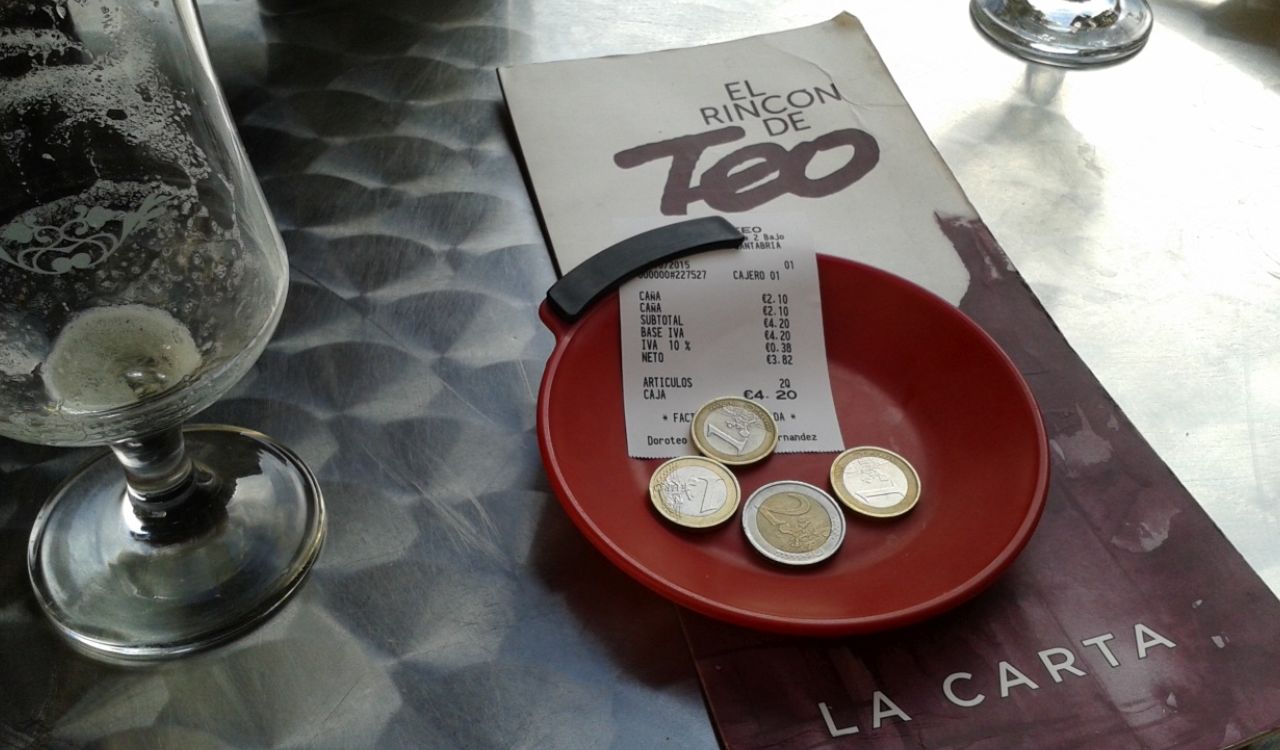
In the U.S., tipping is standard practice, and it adds up fast. From restaurant servers to hotel staff and tour guides, gratuities are expected in many situations. Even when a service charge is added, an additional tip is often customary. Forgetting to account for this can throw off your dining and service budget. To avoid confusion, research local tipping guidelines and set aside cash specifically for gratuities. Being prepared not only ensures smooth interactions but also shows appreciation for good service along the way.
Service Charges & Local Taxes

Taxes in the U.S. vary by city and state, and many are added at checkout, making your bill higher than expected. Hotel taxes, restaurant service fees, and retail sales tax can all sneak up on you. These are rarely included in advertised prices, especially for lodging and dining. Always review the final price before booking or ordering, and add a small buffer in your budget to cover these extras. Understanding what’s included—and what’s not—can save you from unpleasant financial surprises at the end of a great day.
Travel Insurance

Travel insurance might feel like an optional add-on, but it’s a lifesaver when things go wrong. From medical emergencies to trip cancellations or lost belongings, having coverage gives peace of mind. However, not all policies are created equal. Basic coverage may leave out key protections or limit claim amounts. Review the policy carefully, paying attention to medical coverage, electronics protection, and claim conditions. Investing in the right plan upfront means fewer headaches—and expenses—if the unexpected happens during your journey.
Laundry Services
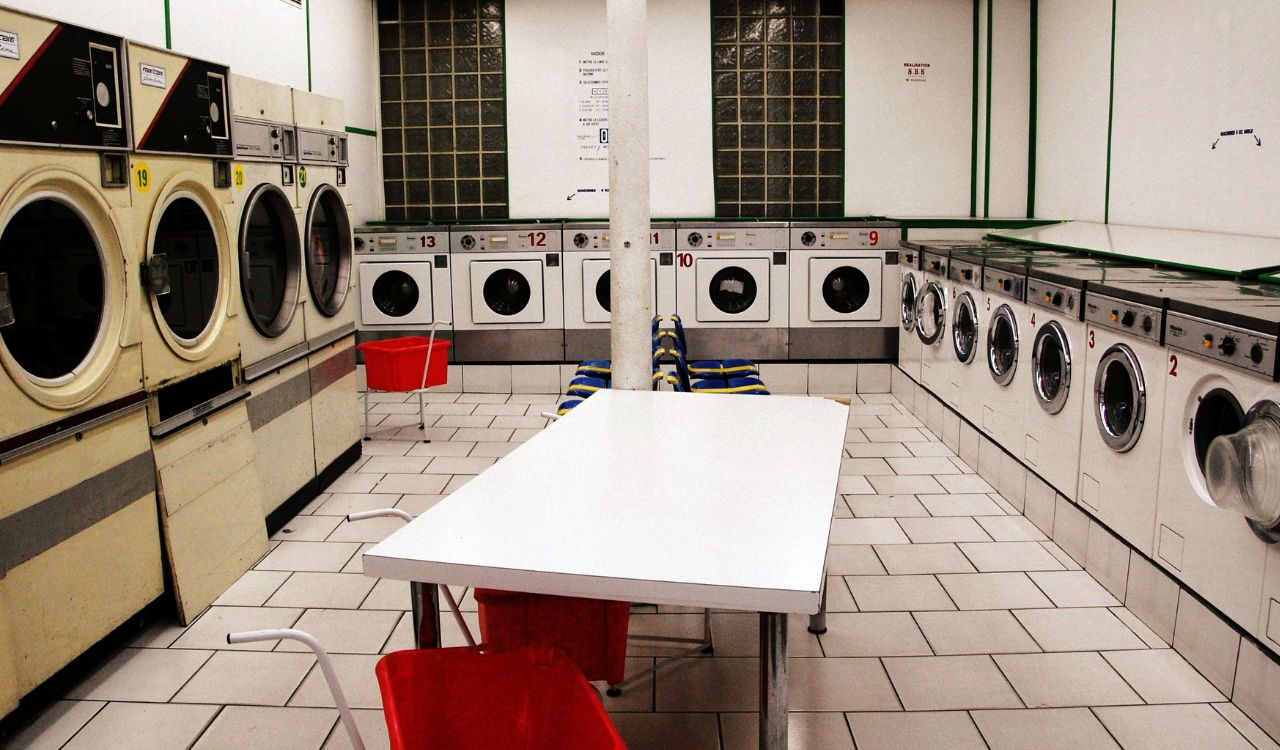
If your trip stretches beyond a few days, laundry becomes a necessity. Hotel laundry can be costly, and not all places have guest facilities. Laundromats may be an option, but they still involve time, money, and planning. Packing smart with versatile clothing, using -size detergent for handwashing, or choosing accommodations with laundry access can help cut costs. Keeping clothes fresh on the go doesn’t have to drain your wallet—just a little foresight can keep you looking (and smelling) good throughout your adventure.
Souvenirs & Gifts
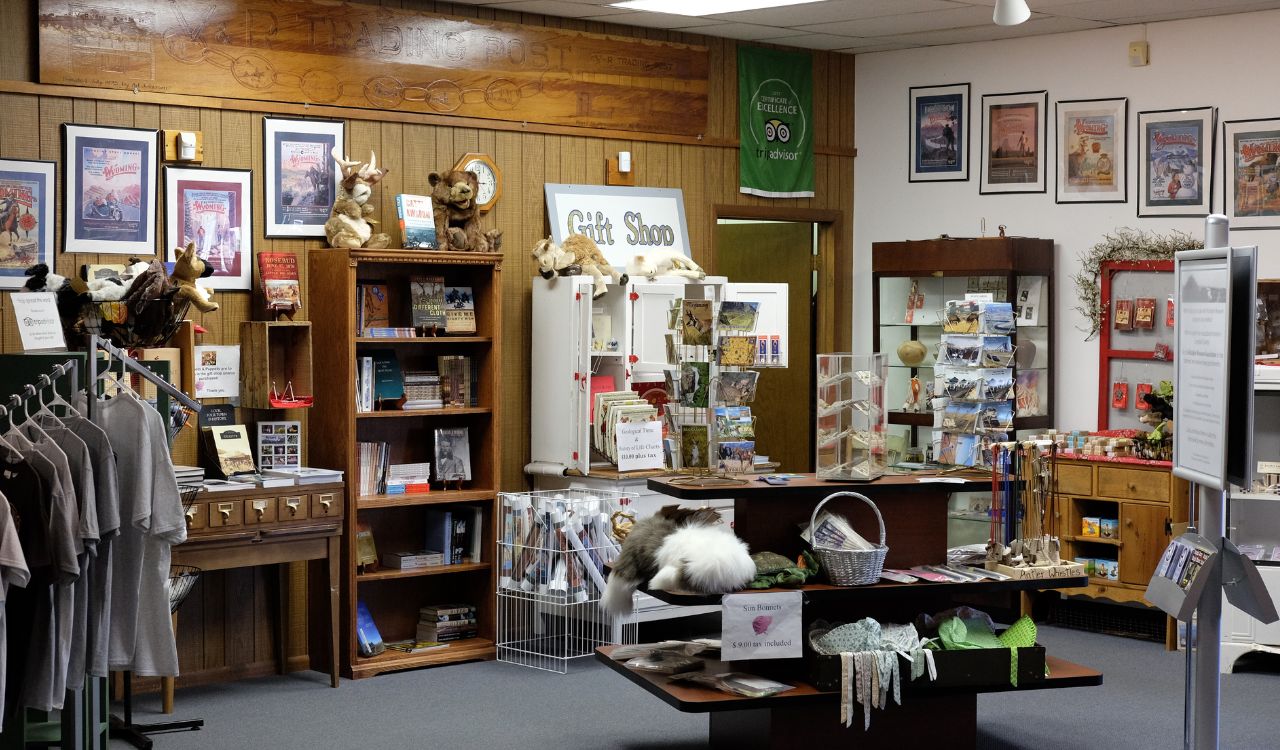
Picking up mementos or gifts for loved ones is a common part of traveling, but it’s easy to go overboard. Small purchases add up, and heavier or fragile items may lead to overweight luggage fees. It’s also tempting to buy things you don’t need just because you’re in a touristy spot. To avoid regret—or extra charges—set a souvenir budget and stick to meaningful items. Leave extra room in your suitcase or pack a collapsible bag if you plan to shop. This way, your keepsakes bring joy without bringing stress.
Dining Out Constantly
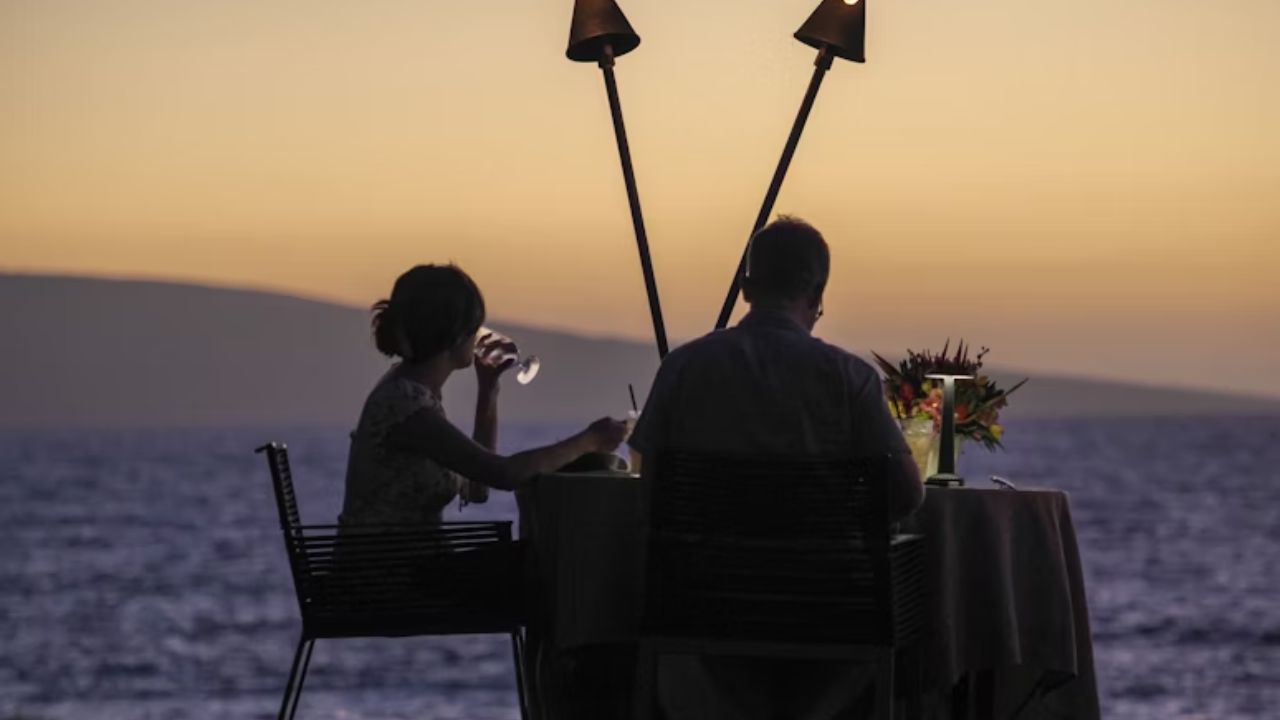
Dining out is part of the travel experience, but if every meal is at a restaurant, costs rise quickly. Meals, drinks, and tips can easily blow your budget, especially in major cities or tourist hotspots. Mix things up with the occasional picnic, food truck, or grocery run. Booking accommodations with a kitchenette allows you to prepare simple meals or snacks. Splurging on one great dinner is much more satisfying when it’s balanced with low-cost, casual options that keep both your appetite and your finances